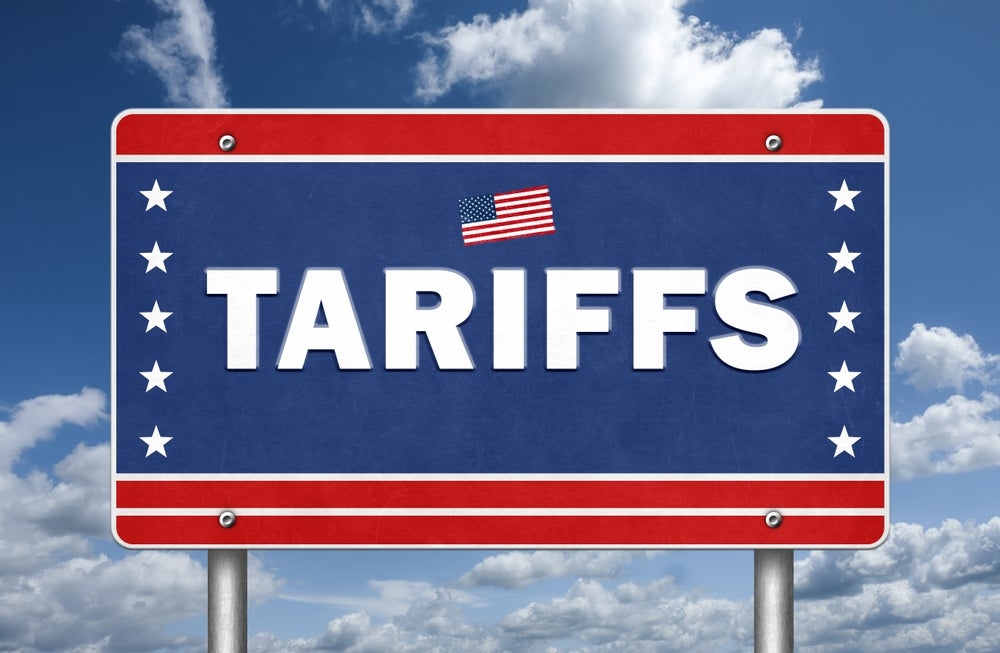
Sustainable shopping startups are having a moment, just in time for COP26. New businesses aimed at changing consumerism for the better have been busy lately sweeping up funding rounds. The latest to do so are Swedish climate impact company Doconomy and German startup Climatiq, which has set out to build the Wikipedia of carbon footprinting.
At the heart of their success lies the fundamental fact that buying stuff is bad for the environment. Fast fashion has long been linked to the world hurdling towards an environmental catastrophe.
The production of plastic-based goods like salt shakers and computers is responsible for some of the biggest greenhouse gas emissions in the world. Then, of course, you have the huge environmental impact of shipping the goods. Walmart’s own audit has found that the last mile to consumers’ homes has a massive detrimental impact on the climate.
On top of the production and shipping of goods is the inevitable degradation of stuff that’s thrown away once it’s outlived its usefulness. The degradation of consumer goods has been linked to the emission of greenhouse gases.
With online shopping having skyrocketed during the course of the pandemic, as highlighted by recent thematic research from GlobalData, it would seem that things are only set to get worse. Incidentally, Covid-19 has also proved a shot of energy for the buy-now-pay-later market.
Given this background, the notion of “sustainable shopping” may therefore sound like an odd concept for readers.
However, a new breed of startups are actively trying to find ways to change that. These include the likes of sustainable shopping startup Helpful, online marketplace GreenChoice, informed shopping venture SlowCo and package-free shipping startup Olive.
Doconomy raises $17m Series A
One of the latest companies to be in the headlines is Doconomy, a Stockholm-headquartered startup founded in 2018. This week the startup raised a $17m Series A round.
The sustainable shopping startup provides impact data services for both individual shoppers and corporations to help them understand the environmental impact of their actions.
Doconomy currently processes close to 90 million transaction impact calculations per month in 20 markets, for clients including Klarna and Nordea. And there are palatable reasons why these businesses want to flaunt their green chops.
“Impact transparency is proving itself as one of the most important currencies to build loyalty and brand preference; all legacy market leaders should prepare to compete with new brands that have fully integrated transparency and traceability into their DNA,” Johan Pihl, co-founder and CIO of Doconomy, tells Verdict.
Being environmentally-friendly could help businesses build and improve their brands and, according to the startup’s founders, it’s what consumers want – somewhat steering into the old axiom that the customer is always right.
“According to recent surveys [from the University of Bath] 83% agree people have failed to care for the planet, and emotionally the majority of people are on the same page,” Mathias Wikström, co-founder and CEO of Doconomy, tells Verdict. “Humans realise the threat we face and the responsibility we need to take. It is to us a matter of providing the right tools to ensure a swift shift towards a sustainable lifestyle for all. Failure is not an option.”
So how does Doconomy do that? The idea can be tracked back to 2015 when the founding team stared to work on the Åland Index, a cloud-based register that unveils the carbon dioxide emissions each financial transaction has.
“The core insight was that a credit card could be vehicle for greater responsibility and a catalyst for insights around the environmental impact caused by consumption,” says Pihl. “Adding to that we had the benefit of an already developed methodology (in the) Åland Index, that gave us the upper hand in launching a new service.”
Investors seem to believe that the team is onto something with fintech venture capital firm CommerzVentures leading the company’s new raise.
“Doconomy stands out as the global leader and standard for measuring transaction impacts,” Paul Morgenthaler, partner of CommerzVentures, says in a statement. “We couldn’t be more excited about joining forces, helping banks and payment companies educate and empower their customers for climate action.”
Existing investors such as Mastercard, Wiklöf Holding and Ålandsbanken increased their investments in Doconomy as part of the Series A round.
Doconomy will use the cash injection to expand and support further development of its impact applied portfolio, enabling impact calculations on transactions, lifestyle, products and companies. The funding will also be used to source new talent to join the startup’s team.
Getting climate chic with Climatiq
Climatiq is a Berlin-based startup that shares more than one characteristic with Doconomy. Like its Scandi peer, the company is emphasising knowledge as the best way to provide a sustainable shopping experience.
And like Doconomy, it has just raised a funding round, albeit a smaller $2m one. Cherry Ventures led the raise alongside renowned business angels.
Hessam Lavi, Climatiq’s CEO, launched the company eight months ago and says that the company’s mission is “to drive climate action through data and insight.”
“The existential crisis of climate change has never been more critical,” he adds in a written statement. “Our ambition is to provide an open dataset of global emission data and the technical infrastructure that organisations need to inform meaningful reductions to their climate footprint.”
The open dataset is now released in an application programming interface (API) beta. The idea is that by tapping into the API, developers can access an open-source portal containing thousands of vetted data points. They can then use the data to integrate carbon tracking apps and widgets to their own software.
COP26 on the horizon
The apparent rise of sustainable shopping startups comes just weeks ahead of the COP26 meeting in Glasgow.
Not only has the discussion about the climate regained new focus ahead of the 2021 United Nations Climate Change Conference, but the people behind the companies are also encouraged by it.
Pihl says: “We had the benefit of the support from the UNFCCC (United Nations Framework Convention on Climate Change) from the very beginning and we are very honoured for the attention we get when the world comes together to discuss tangible solutions to mankind’s greatest challenge, as we are invited to present our solutions in Glasgow.
“We see substantial movement top down in the financial industry, and our ambition is also to engage the many from the bottom up. At the end of the day we are all people.”






